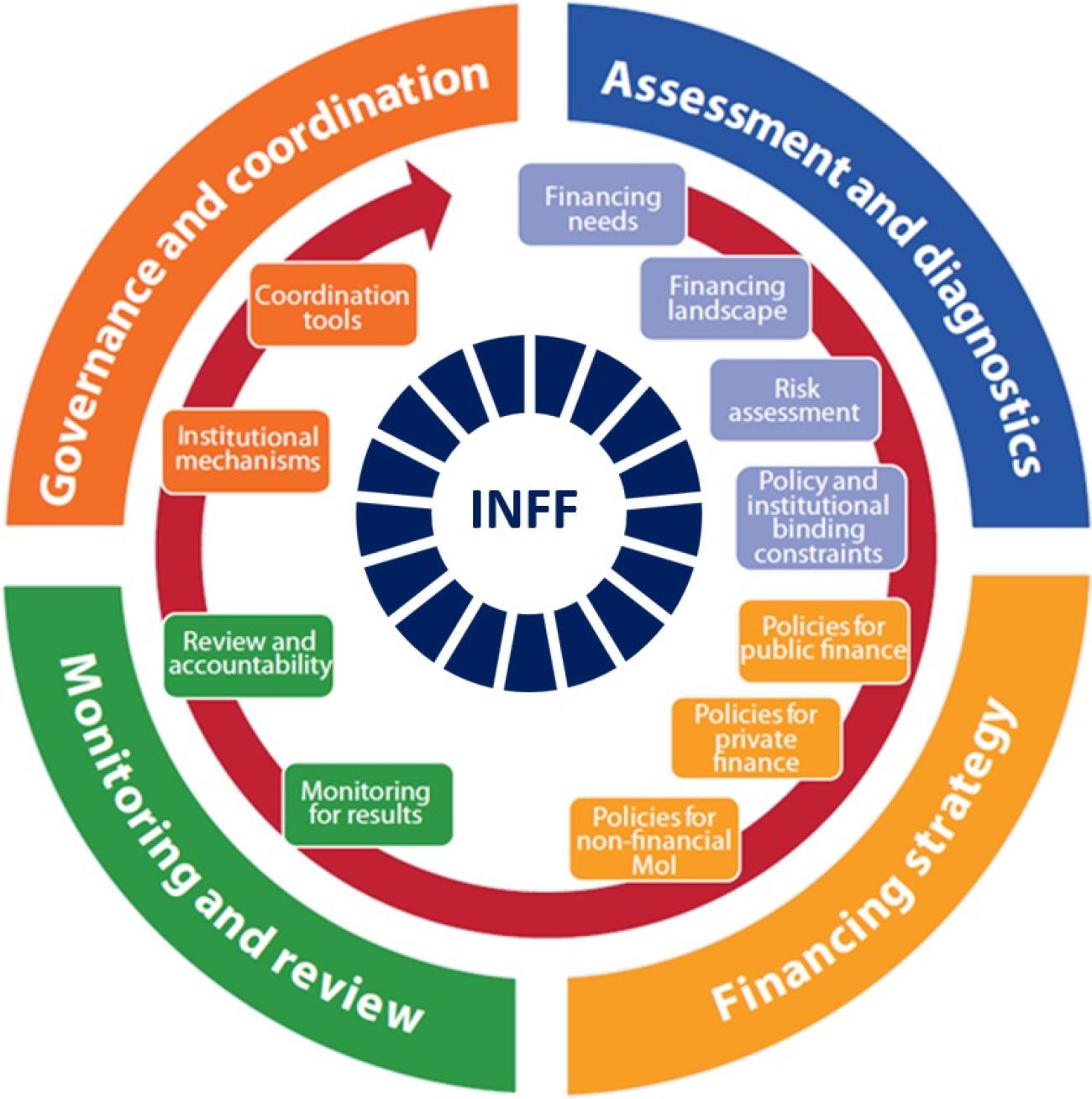The Economic Relations Division (ERD) and the UNRCO with technical support from UNDP, UNCDF, ILO, and UN WOMEN, jointly organized an inception workshop.
The Economic Relations Division (ERD) and the Office of the UN Resident Coordinator (UNRCO) with technical support from UNDP, UNCDF, ILO, and UN WOMEN, jointly organized an inception workshop, on 29 September 2020, of the UN Joint Programme (JP) on Integrated National Financing Framework for Accelerating Achievement of SDGs (INFF4SDGs) in Bangladesh. Relevant Ministries, Government authorities, private sector and civil society stakeholdersjoined to provide feedback and inputs on the the work plan proposed to implement the project. The JP team explained how the program planned to work with the Government of Bangladesh (GoB), providing technical assistance on an integrated financing framework, to mobilize required resources more effectively from public and private sources in order toattain the SDGs by 2030. One of the key strategic priorities highlighted was to engage private sector for assessing and diagnosing the potential investment scopes in SDG attainment, assisting Bangladesh’s course of LDC graduation by 2024, in alignment with the upcoming 8th Five Year Plan.
The participants and various stakeholders from different ministries, associations, and private sector, contributed with their views and thoughts set to the tone of the 4 building blocks of INFF: a) assessment and diagnostics; b) financing strategy; c) monitoring and review and d) governance and coordination.
Bangladesh’s progress in achieving SDGs, over the past six years was also reflected upon. The ERD and Partner UN agencies emphasized on the knowledge stock from the 7th Five Year Plan and elaborated on how the project aimed at helping the government redefine its approach to private sector engagement, by creating cross ministerial policy synergies and a well-coordinated action agenda for bridging the financing gap for SDGs. The last point was in connection to the7th Five-Year Plan (2016-2020), which amounted to USD 409 billion, with the expectation that private sector resources would cover nearly 80% of this amount.









